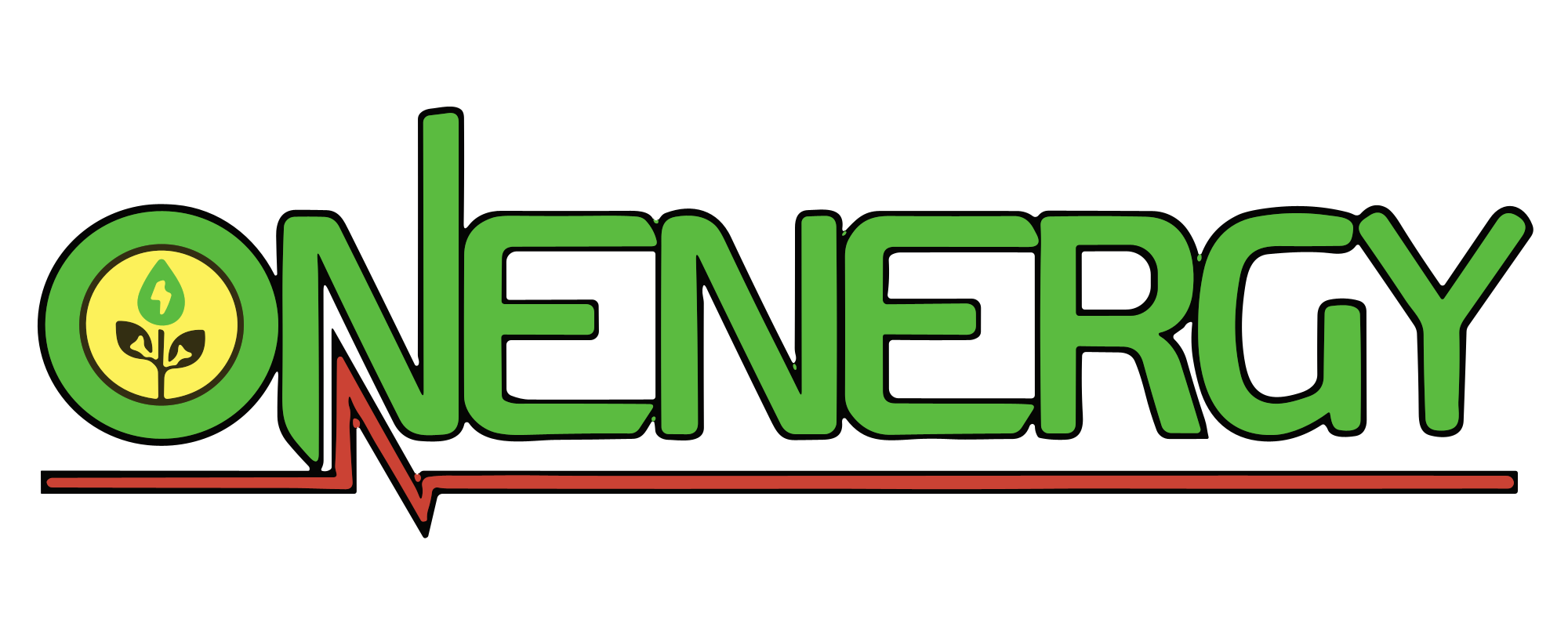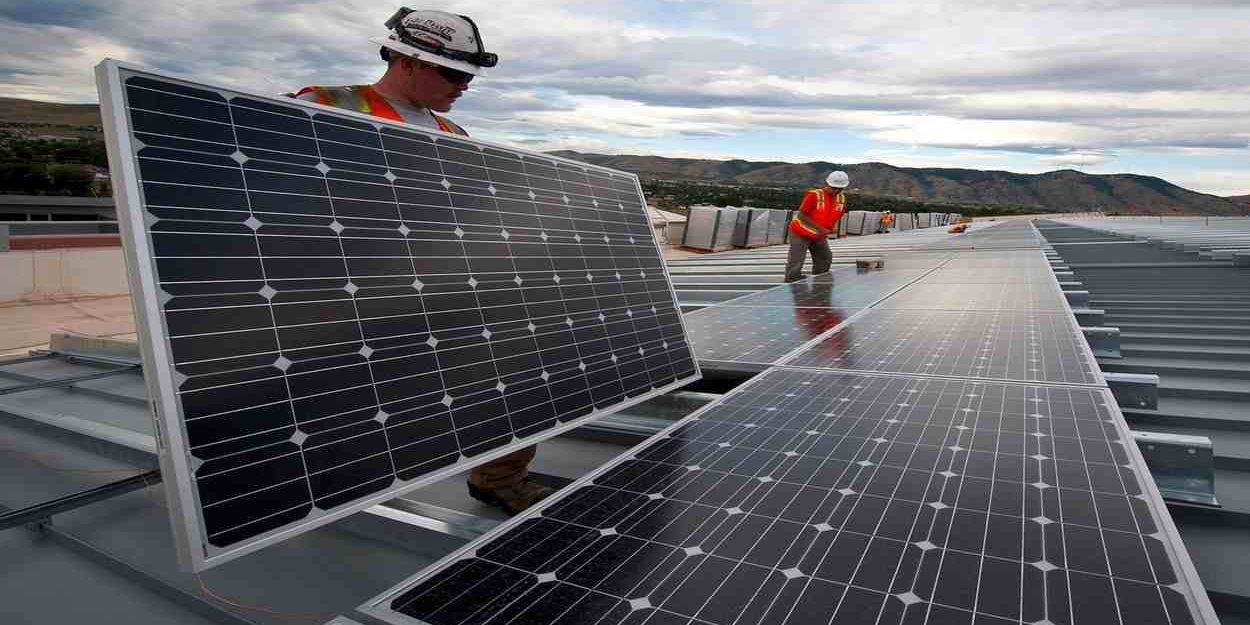Best Solar devices installation encompass a range of technologies designed to harness solar energy for various applications. These include solar panels, solar water heaters, and solar battery storage systems. Each type of solar device plays a crucial role in capturing and utilizing solar energy, transforming it into usable power for homes and businesses. Understanding what solar devices are and how they function is essential for anyone considering making the switch to solar energy. By harnessing the power of the sun, solar devices offer a sustainable and efficient energy solution.
Best Solar Devices Installation
Why Opt for Solar Devices?
Opting for solar devices presents numerous benefits. Primarily, they provide a sustainable alternative to traditional energy sources, reducing your carbon footprint. Solar energy is abundant and renewable, making it a key player in environmental conservation. Additionally, investing in solar devices can lead to substantial cost savings on energy bills over time. With the decreasing cost of solar technology and available incentives, solar devices are increasingly accessible, offering a blend of financial and ecological advantages.
Factors to Consider for Solar Device Installation
When considering the best solar devices installation, several factors come into play. It’s crucial to evaluate your energy needs, the orientation and condition of your installation site, and the local climate. These factors influence the efficiency and performance of your solar devices. Understanding these elements helps in choosing the right devices and ensuring a successful installation. Additionally, budget considerations, potential incentives, and long-term benefits should be factored into your decision-making process to maximize the value of your solar investment.
Types of Solar Devices
Solar Panels
Solar panels are perhaps the most recognized solar devices, converting sunlight directly into electricity. There are different types of solar panels, including monocrystalline, polycrystalline, and thin-film. Monocrystalline panels are known for their high efficiency and sleek appearance, while polycrystalline panels are slightly less efficient but often more affordable. Thin-film panels are versatile and lightweight but generally less efficient. Choosing the right type depends on your specific energy needs, budget, and space availability.
Solar Water Heaters
Solar water heaters utilize solar energy to heat water for domestic use. They come in two main types: active and passive systems. Active systems use pumps and controllers to circulate water, while passive systems rely on natural convection. Both types offer significant energy savings compared to traditional water heating methods. Solar water heaters are an excellent choice for reducing energy costs associated with water heating and can be particularly effective in sunny climates where they can operate at maximum efficiency.
Solar Battery Storage
Solar battery storage systems are designed to store excess energy generated by solar panels for later use. This stored energy can be used during periods when solar production is low, such as at night or on cloudy days. Various types of solar batteries include lead-acid, lithium-ion, and flow batteries, each with its own advantages and disadvantages. Integrating a solar battery with your solar panel system can enhance energy reliability and provide greater independence from the grid.
Choosing the Best Solar Devices for Your Needs
Assessing Your Energy Requirements
To determine the best solar devices installation for your home, start by assessing your energy requirements. Calculate your average energy consumption and identify peak usage times. This information helps in selecting solar devices that match your needs, ensuring optimal performance and efficiency. Professional solar consultants can assist in this assessment, providing a tailored solution that meets your specific energy demands and budget constraints.
Comparing Solar Device Features
When evaluating solar devices, comparing features such as efficiency, durability, and warranty is essential. High-efficiency panels and reliable battery storage systems can significantly impact the performance and longevity of your solar setup. Features such as temperature tolerance, ease of maintenance, and integration capabilities should also be considered. By comparing these features, you can choose the solar devices that offer the best balance of performance, reliability, and cost.
Consulting with Solar Professionals
Consulting with solar professionals is a critical step in achieving the best solar devices installation. These experts provide valuable insights into system design, installation requirements, and potential issues. They can guide you through the selection process, ensuring that you choose the right devices and that the installation is performed correctly. Professional consultations also help in navigating local regulations and incentives, enhancing the overall success of your solar project.
Installation Process for Solar Devices
Pre-Installation Preparation
Pre-installation preparation is crucial for a successful solar device installation. Begin by assessing your home’s roof space, orientation, and structural integrity. Ensure that your installation area is clear of obstacles and ready for the installation team. Additionally, securing necessary permits and approvals is essential to comply with local regulations. Proper preparation helps in avoiding delays and ensuring that the installation process proceeds smoothly.
Installation Steps and Timeline
The installation process for solar devices involves several key steps. These include placing the solar panels or other devices, connecting them to your home’s energy system, and conducting thorough testing. The timeline for installation varies depending on the complexity of the system and the size of your home. Generally, the installation of solar panels can be completed within a few days, while more complex systems like solar water heaters or battery storage may take longer.
Post-Installation Checks and Maintenance
After the installation of solar devices, conducting post-installation checks is essential. Verify that all components are functioning correctly and that there are no issues with the installation. Routine maintenance, such as cleaning solar panels and inspecting battery systems, helps in maintaining optimal performance. Regular monitoring ensures that your solar devices continue to operate efficiently and provides early detection of any potential problems.
Cost and Financing Options for Solar Device Installation
Understanding Installation Costs
The cost of solar device installation can vary widely based on factors such as system size, device type, and installation complexity. Understanding the breakdown of these costs helps in budgeting and making informed decisions. Typical costs include the price of the devices, installation fees, and any additional equipment or upgrades needed. Getting detailed quotes from multiple providers can help in comparing costs and finding the best deal.
Exploring Incentives and Rebates
Many regions offer incentives and rebates to reduce the cost of solar device installation. These can include federal tax credits, state-level rebates, and utility company programs. Exploring these opportunities can significantly lower your overall expenses. Research available incentives in your area and apply for any programs that can provide financial benefits and make your solar investment more affordable.
Financing and Payment Plans
Financing options can make solar device installation more accessible by allowing you to spread the cost over time. Various financing plans, such as low-interest loans, leasing options, and power purchase agreements (PPAs), offer different benefits. Choosing the right financing option depends on your financial situation and long-term goals. Consulting with a financial advisor or solar provider can help in selecting a plan that aligns with your budget and objectives.
Common Mistakes to Avoid in Solar Device Installation
Overlooking System Compatibility
One common mistake is overlooking the compatibility of solar devices. Ensuring that all components of your solar system work together harmoniously is crucial for optimal performance. Incompatible devices can lead to inefficiencies and potential issues. Verify compatibility with your solar provider and ensure that your chosen devices are suited to your home’s energy needs and infrastructure.
Ignoring Professional Advice
Ignoring professional advice can result in suboptimal installation and performance. Solar experts offer valuable recommendations based on their experience and knowledge. Disregarding their guidance can lead to errors and missed opportunities for optimizing your solar system. Engage with professionals throughout the planning and installation process to ensure that you make informed decisions and achieve the best results.
Neglecting Regular Maintenance
Neglecting regular maintenance is another common mistake. Solar devices require periodic upkeep to maintain their efficiency and longevity. Routine tasks such as cleaning panels, checking battery levels, and inspecting connections are essential for optimal performance. Establishing a maintenance routine and addressing any issues promptly helps in avoiding costly repairs and ensures the continued effectiveness of your solar system.
FAQs
What are the best types of solar devices for residential use?
The best types of solar devices for residential use include solar panels, solar water heaters, and solar battery storage systems. Solar panels provide electricity, solar water heaters offer hot water, and battery storage systems enhance energy reliability.
How much does solar device installation typically cost?
The cost of solar device installation varies depending on the type of devices, system size, and installation complexity. On average, residential solar panel installations can range from $10,000 to $25,000. Consulting with providers for detailed quotes can provide a more accurate estimate.
Are there any government incentives for solar device installation?
Yes, many regions offer government incentives such as federal tax credits, state rebates, and utility programs. These incentives can significantly reduce the cost of installation. Research local programs and apply for available incentives to maximize your savings.
How long does the installation process take?
The installation process for solar devices typically takes a few days to a week, depending on the complexity of the system and the size of your home. Solar panels are usually quicker to install, while systems like solar water heaters or battery storage may require additional time.
What maintenance is required for solar devices?
Regular maintenance for solar devices includes cleaning panels, inspecting battery systems, and checking connections. Routine maintenance helps in maintaining optimal performance and prolonging the lifespan of your solar system.
Can I install solar devices myself, or should I hire a professional?
While DIY installation may seem cost-effective, hiring a professional ensures that the installation is done correctly and safely. Professionals have the expertise to handle complex installations and ensure compliance with safety standards.
How do I determine the right size solar system for my home?
Determining the right size solar system involves assessing your home’s energy needs, calculating your average energy consumption, and evaluating the available space for installation. Professional solar consultants can provide a tailored solution based on these factors.
What should I look for in a solar provider?
When selecting a solar provider, look for factors such as experience, customer reviews, certifications, and warranty offerings. A reputable provider will offer expert advice, high-quality products, and reliable support throughout the installation process.
Are solar devices effective in all climates?
Solar devices are effective in most climates, though their efficiency can vary based on sunlight availability. While sunny regions benefit from maximum performance, solar devices can still function well in areas with less direct sunlight, though they may produce less energy.
How can I monitor the performance of my solar system?
Monitoring the performance of your solar system can be done using online platforms or monitoring systems provided by your solar provider. These tools track energy production, system efficiency, and potential issues, allowing you to ensure that your solar devices are operating effectively.
Conclusion
Recap of Key Points
Choosing the best solar devices installation involves understanding your energy needs, evaluating different types of solar devices, and selecting the right features. Proper installation and maintenance are essential for achieving optimal performance. By considering factors such as cost, incentives, and professional advice, you can make an informed decision that maximizes the benefits of solar energy.
Call to Action
Evaluate your solar needs and consult with professionals to plan your solar device installation. Take advantage of incentives and financing options to make solar energy more affordable. By making smart choices, you can enjoy the long-term benefits of solar power and contribute to a sustainable future.
Final Thoughts
Investing in the best solar devices installation offers significant financial and environmental benefits. By harnessing the power of the sun, you can reduce energy costs, lower your carbon footprint, and enjoy reliable power for years to come. Take the time to research, plan, and consult with experts to ensure a successful and rewarding solar investment.






